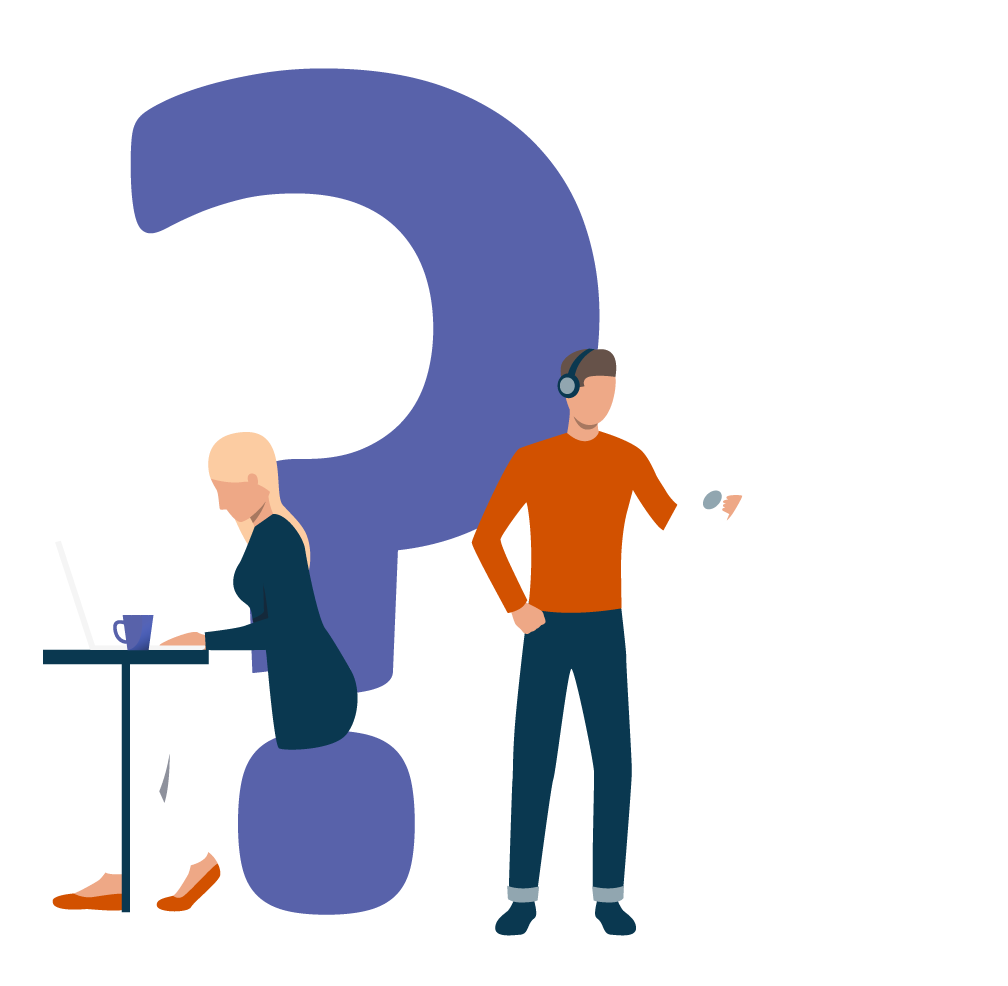What is an indie author and what can an indie author expect from self-publishing? Here we answer the questions we are most often asked about self-publishing and independent authors.
What is an independent “indie” author?
An indie author is a writer of fiction, nonfiction, or poetry books who self-publishes their own work and retains and controls their own publishing rights.
Unlike authors who self-publish a book for family, friends or community, an indie author (wants to) make a living from writing and publishing books. They are “indie” because compared to authors who sign exclusive deals with a single trade publisher, or a single self-publishing service, they are relatively independent–the creative director of their own books, and their own publishing business.
A good book and a good publishing business is always a team effort and indie authors employ a variety of services to accomplish the seven processes of publishing (editorial, design, production, distribution, marketing, promotion and rights licensing) to professional standards.
The foundation stone for the indie author is understanding the value of their own intellectual property. Though they may selectively license rights to trade publishers and other rights buyers, where advantageous, when they do, it a business arrangement between equals. They seek validation from readers, rather than publishers, and expect fair terms and conditions from their business partners.
Some use the term “hybrid author” to describe a writer who publishes books through both trade and self-publishing platforms. At ALLi, we believe the term “indie author” adequately—and best—describes such an author.
What, then, marks out an “indie” from other authors? For ALLi, you are an independent author if:
- You have self-published at least one book.
- You see yourself as the creative director of your books, from concept to completion through marketing, promotion, and beyond.
- You also see yourself as the creative director of your author-business. In any partnership you negotiate, whether with a paid service, a trade-publisher or a literary agent, you expect your status as rights holder and creative director to be acknowledged in payment, terms and conditions.
- You are proud of your indie status and carry that self-respect into all your ventures, negotiations, and collaborations, for your own benefit and to benefit all writers.
What is the difference between a self-publisher, an author-publisher, an indie author, and an authorpreneur?
At ALLi, we use the following (sometimes overlapping) terms of reference:
-
-
Self-publishing author: any author who has published a book at personal expense. Self-publishers range the full gamut, from those publishing a one-off book for family and friends to the most entrepreneurial and productive authorpreneur.
- Indie Author (also called author-publishers): Any author who self-publishes to sell, who takes publishing seriously, wants to reach as many readers as possible, and grow a profitable author-publishing business.
- Authorpreneur: an author who is making a living from self-publishing books and associated products or services. ALLi has a specific membership category for such author-publishers.
- Publishing Service / Author Service: A service that handles some or all of the processes of publishing, at the author's expense. Services can be freelance one-person operations, like designers or editors, to self-publishing services that handle everything for a fee. This growth area in the publishing sector is known by many names: assisted publishing, co-operative publishing, hybrid publishing, partnership publishing. What all have in common is that they charge the author a flat fee, up front.
- Trade (traditional) publisher: Trade publishing is a particular kind of publishing service, that licenses publishing rights from authors and handles the publication tasks in return for a large percentage of the revenue. In trade publishing, authors receive between 5% of net receipts to 15% of retail in the form of royalties and advances (compared to 25% to 95% in self-publishing). Most trade-published books are under exclusive license to one of “The Big Five” corporate publishers: Penguin-Random House; Hachette Book Group (HBG); Harper Collins, Macmillan and Simon & Schuster.
- Independent or “indie” publisher: Smaller publishing company which, like the big conglomerates, commission books from authors and publish at the company’s expense. If very small, they are called micro-publishers.
- Hybrid publishers: A hybrid publisher combines elements of trade publishing and self-publishing services in the same contract. Hybrid publishers have very varied business and publishing models but most function like trade publishers, except that their authors subsidize publishing costs. They curate the books they help to publish and many also offer physical bookstore distribution. Although there are ethical and reputable hybrid publishers, there are many more substandard services that use the term to camouflage what are actually exploitative vanity presses.
-
Why are more writers choosing self-publishing?
Author-publication served only a tiny number of writers before digital technology enabled print-on-demand and the direct distribution of ebooks. This technology has revolutionized writing and publishing. It simultaneously does four things that are very good for authors:
- It gives us a global readership, instead of confining us to specific territories.
- Our books are continually available — there is no such thing as ‘out-of-print’ anymore.
- It takes away the necessity for ‘middlemen’ like agents, publishers, and distributors (though we still may choose to work with such partners — see above). And:
- It gives our readers a point-of-purchase just at the moment they discover they want our book.
As the creative possibilities of this revolution make themselves felt, the self-publishing pathway is attracting more and more writers.
 Renew
Renew
